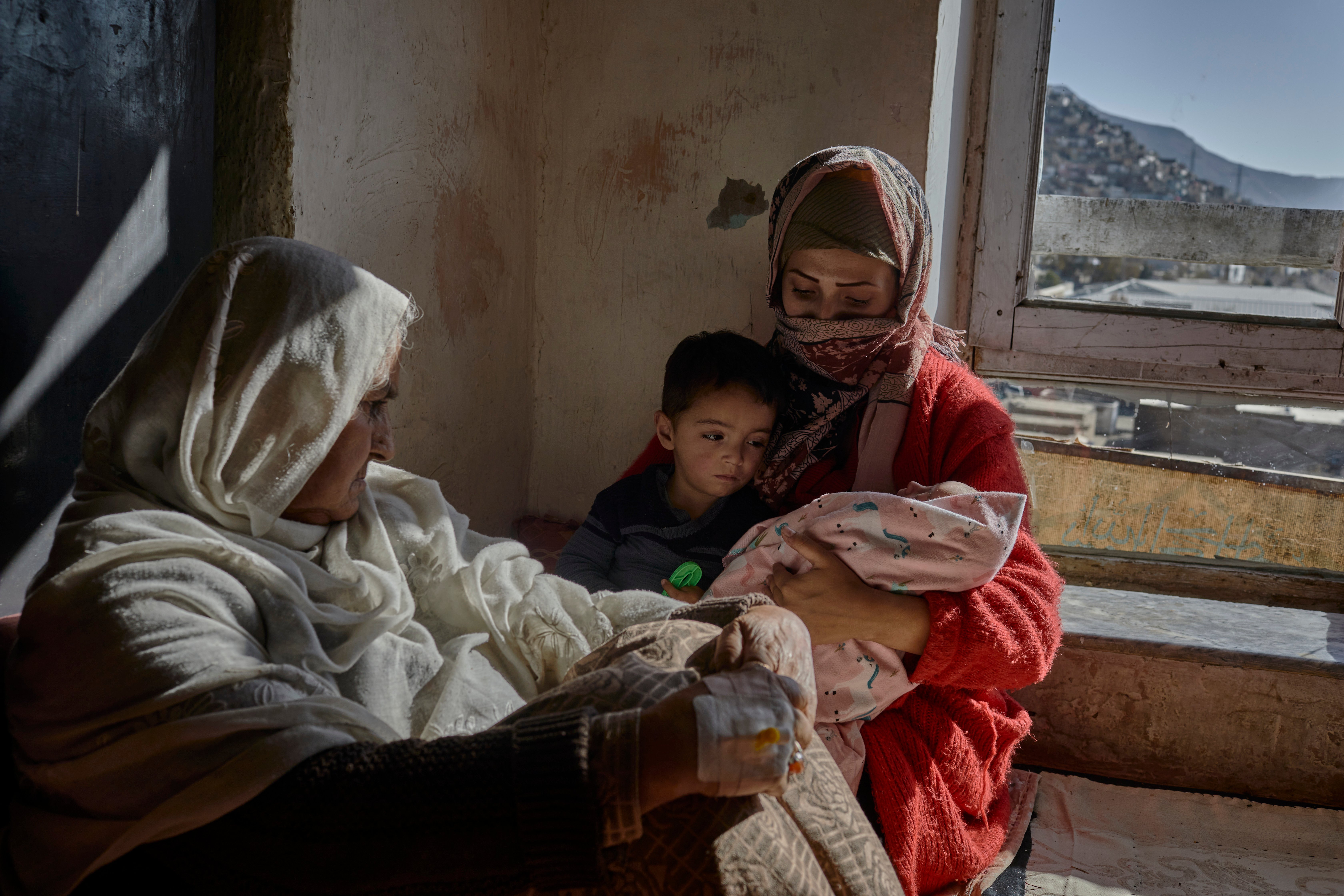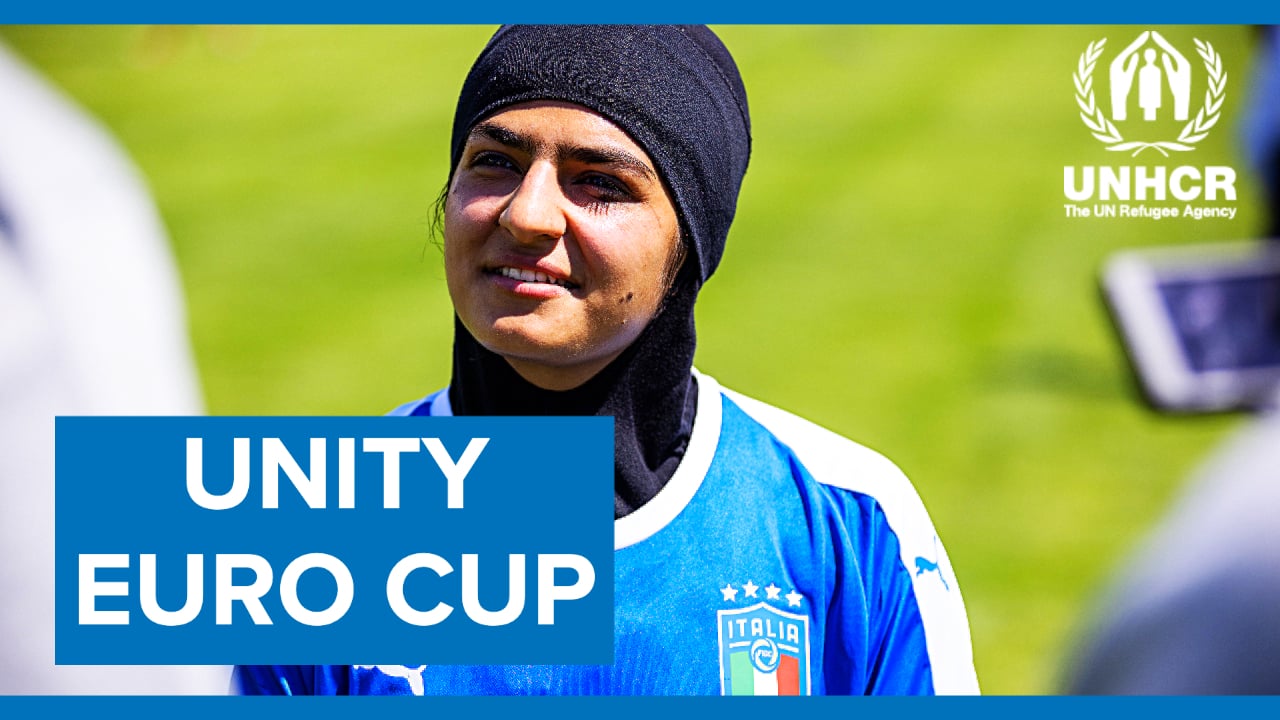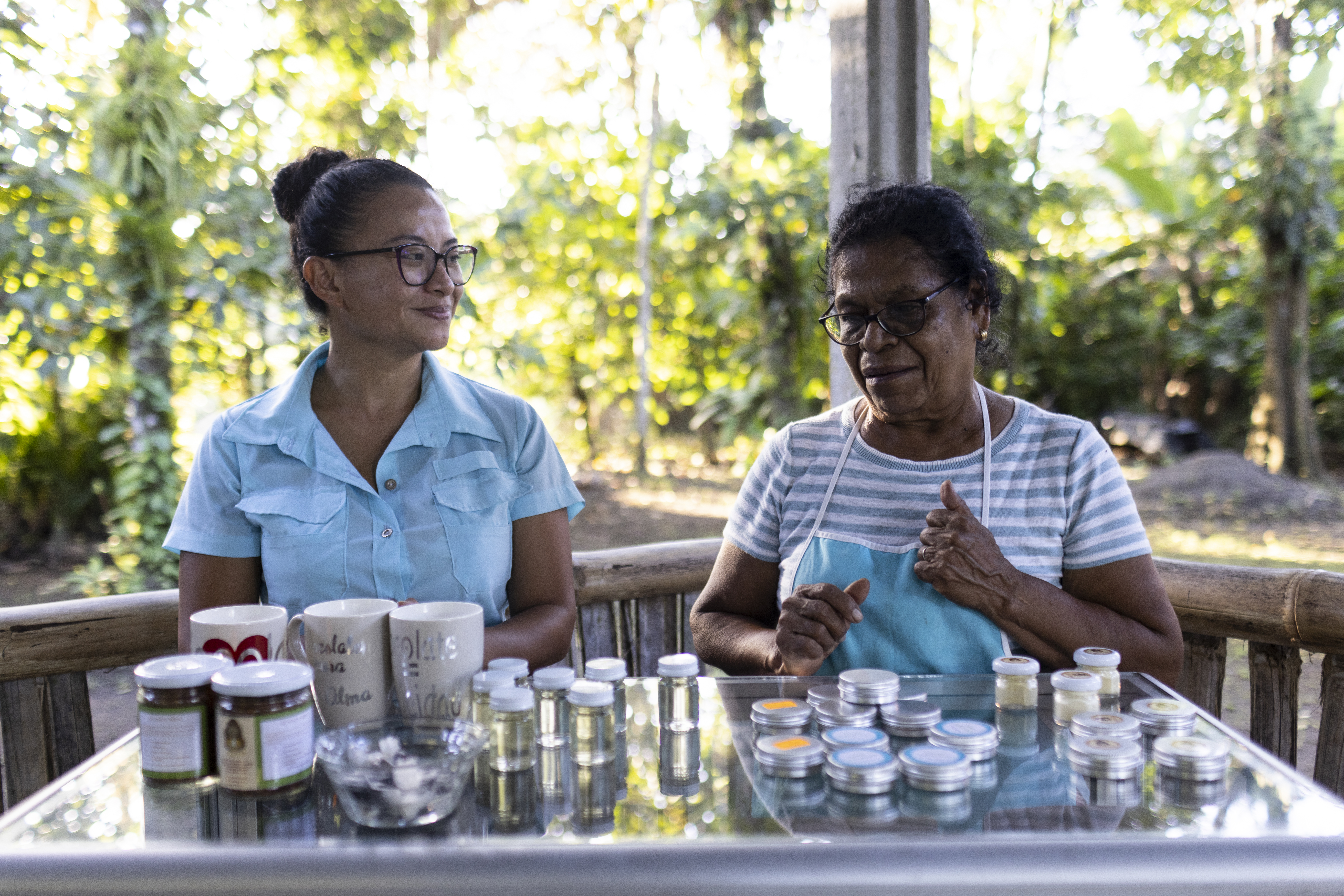West African countries wage war on violence against women
West African countries wage war on violence against women

FREETOWN/ MONROVIA, Nov 30 (UNHCR) - Barely emerging from years of civil conflict, two countries in West Africa are waging a new war - a battle to eradicate all forms of violence against women.
Last Thursday, the authorities in Sierra Leone and Liberia joined humanitarian organisations like the UN refugee agency and the International Rescue Committee to mark the International Day for the Elimination of Violence against Women and to launch 16 Days of Activism to Eliminate Violence against Women.
The theme of this year's 16-day campaign, which runs from November 25 to Human Rights Day on December 10, is "For the health of women, for the health of the world, no more violence".
"Violence against women has negative consequences not just for women, but also for the entire community," said UNHCR's Deputy Representative in Sierra Leone, Andrew Mayne, launching the campaign in Kissy Town refugee settlement outside Freetown. The launch took place in collaboration with the National Association for Social Action, UNHCR's main governmental counterpart in Sierra Leone, and the Lutheran World Service.
Kissy Town settlement hosts more than 500 Liberian refugees who had fled their homes in the early '90s. Women here were victims of violence during their flight to Sierra Leone, suffering a variety of abuses.
Much has been done to address the problem. UNHCR, in partnership with the International Rescue Committee and local non-governmental organisation Network Movement for Justice and Development, has sensitised entire communities on the negative effects of sexual and gender-based violence by hosting awareness raising workshops for both women and men, including the Sierra Leonean police who secure the refugee camps. Refugees have initiated men's and women's action groups to work within the community to combat violence against women.
Drop-in centres are open 24 hours a day, staffed by volunteers who are trained counsellors on sexual and gender-based violence. Medical and legal support is also available free of charge in all eight camps within Sierra Leone.
These programmes have been very successful. Men and women talk openly about issues related to sexual and gender-based violence. Whereas survivors of violence used to suffer in silence, their cases are now more readily reported to the police. The Sierra Leonean courts and hospitals are also becoming more familiar with methods on how to treat and advise survivors.
Young people in Sierra Leone are also being sensitised on the issue. This year's 16-day campaign includes activities like a youth debate and an essay competition among school children on how violence against women affects women's health and development.
In Liberia, women, youth and gender equality advocates marked the start of the campaign by parading the streets of Monrovia in white T-shirts and colourful caps with short messages on sexual and gender-based violence.
Representatives from the Ministry of Gender, the UN Mission in Liberia, UNHCR and other international and local agencies gathered at the newly-renovated SGBV (Sexual and Gender-based Violence) Resource Centre, calling on Liberians to unite in the fight against violence.
Rose Bryant, wife of Liberia's National Transitional Government Chairman Gyude Bryant, formally launched the activities to commemorate the 16 days of activism and reiterated calls for firm action to eradicate gender violence. "Both humanitarian and development agencies also have a duty to discourage ills of society that serve to increase women's vulnerability to forms of violence," she said.
"The well-being of women and children is one of UNHCR's top priorities," said UNHCR's senior community services officer in Liberia, Alexina Rusere. Ensuring their rights through awareness and empowerment reduces their vulnerability to violence and abuses, she added.

Already, the UN refugee agency has launched an HIV/AIDS awareness campaign for Liberia's returning refugees, internally displaced people and local communities. The campaign seeks to educate them on risky behaviour that helps spread the disease, giving people - especially youth and women - the knowledge to protect themselves against HIV infection. Talking Drum, UNHCR's implementing partner, will also sensitise Liberians on this subject through radio and theatre performances in the camps and among the communities.
The refugee agency is also helping to strengthen the capacity of community health workers, peer educators and community leaders to conduct HIV/AIDS training and awareness programmes, with a focus on outreach and integrated condom promotion and distribution.
By Rachel Goldstein-Rodriguez in Kissy Town, Sierra Leone
and Sarah Brownell in Monrovia, Liberia









